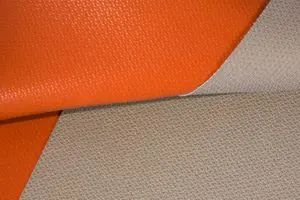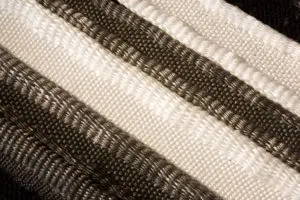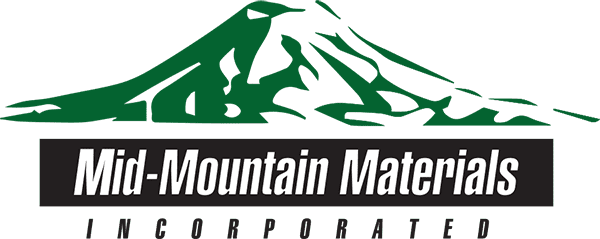Creating a product that works effectively depends on the environment in which it will be used. Different industries, such as aluminum and oil and gas, and appliances rely on the temperature of equipment being at an optimum level to increase efficiencies and lower costs.
Thermal insulation materials act as a block that reduces the transfer of heat during processing, and can also protect personnel during the maintenance process. The types of insulation materials chosen will ultimately affect how well a product or environment can retain heat or reduce heat waste. As experts on thermal insulation, Mid-Mountain Materials Inc., has different types of thermal insulation materials available for consideration. Before you browse our insulation products, you need to know what thermal insulation materials would work best in your environment. To help you make a decision, here are five of the most utilized thermal insulation materials.

1. Coated Fabrics
Coated fabrics stand at the forefront of thermal insulation technology. We offer an extensive selection of coatings, including:
- Silicone coatings
- Ceramic coatings
- Refractory coatings
- Intumescent coatings.
These coatings imbue fabrics with enhanced thermal resistance, durability, and versatility. Commonly used in insulation jacketing and blankets, coated fabrics are pivotal in industries requiring robust thermal management solutions. The silicone-coated variants, for instance, offer exceptional heat resistance and flexibility, making them ideal for high-temperature environments.
2. Fiberglass Textiles
Fiberglass textiles are renowned for their thermal insulation capabilities, chemical resistance, and mechanical strength. Our range includes:
- Fabric
- Ropes
- Tapes
- Sleevings
- Needled blankets/mats.
These types of thermal insulation materials are indispensable in applications demanding high temperature resistance and dimensional stability. Fiberglass textiles serve as the backbone for various insulation systems and have an operating temperature range of 538°C (1000°F). Moreover, fiberglass insulation provides effective heat management in aerospace, automotive, and industrial manufacturing processes.
3. Silica Textiles
Silica textiles offer superior thermal insulation at extremely high temperatures, up to 1000°C (1832°F). We provide woven fabric, needled blankets, and sleeving, all designed to withstand harsh thermal environments. Their low thermal conductivity and high purity make silica textiles an excellent choice for critical heat-resistant applications. This includes those in metal and glass manufacturing.
4. Coated Textiles with Silicone, Graphite, and Carbon
Expanding on the versatility of coated fabrics, we offer textiles coated with not only silicone but also graphite and carbon. These coatings enhance the material’s thermal insulation properties, resistance to chemicals, and durability under extreme conditions. Graphite and carbon coatings, in particular, offer exceptional heat spreading capabilities. This makes them suitable for high-heat applications in the energy, petrochemical, and environmental industries.
5. Ceramic-Coated Textiles
Ceramic coatings applied to textiles elevate their thermal insulation capacity. This allows them to function in environments with temperatures exceeding 1260°C (2300°F). These thermal insulation materials exhibit remarkable thermal stability and resistance to thermal shock, making them ideal for applications in:
- Furnace linings
- Welding protection
- Thermal barriers.
The ceramic coating also adds to the material’s abrasion resistance, extending its lifespan in demanding industrial settings.

Have you chosen your Thermal Insulation Materials?
To decrease the likelihood of a heat transfer affecting daily industrial practices, it is important to incorporate the use of thermal insulation materials. Utilizing the capabilities of thermal insulation materials helps regulate the temperature of equipment, meaning that the processes going on within it can be standardized. Not only that, but thermal insulation materials can lower the total energy required to keep equipment at a specific temperature, potentially amounting to a 20-30% reduction in energy usage, and be resistant to fire.
If you are considering which thermal insulation materials would suit your project best, we recommend browsing through our thermal insulation products. Thanks to our extensive experience in the industry, our coated fabrics, textiles, and fabricated systems act as a robust defense against heat. They can also withstand interactions with chemicals.
Explore our website to see the additional thermal insulation materials we can offer you. Utilizing our thermal insulation materials can help you manage the temperature within an environment. We can help determine the best thermal insulation materials for your application, allowing you to regulate the conditions of your environment to conserve energy and reduce operational costs.

